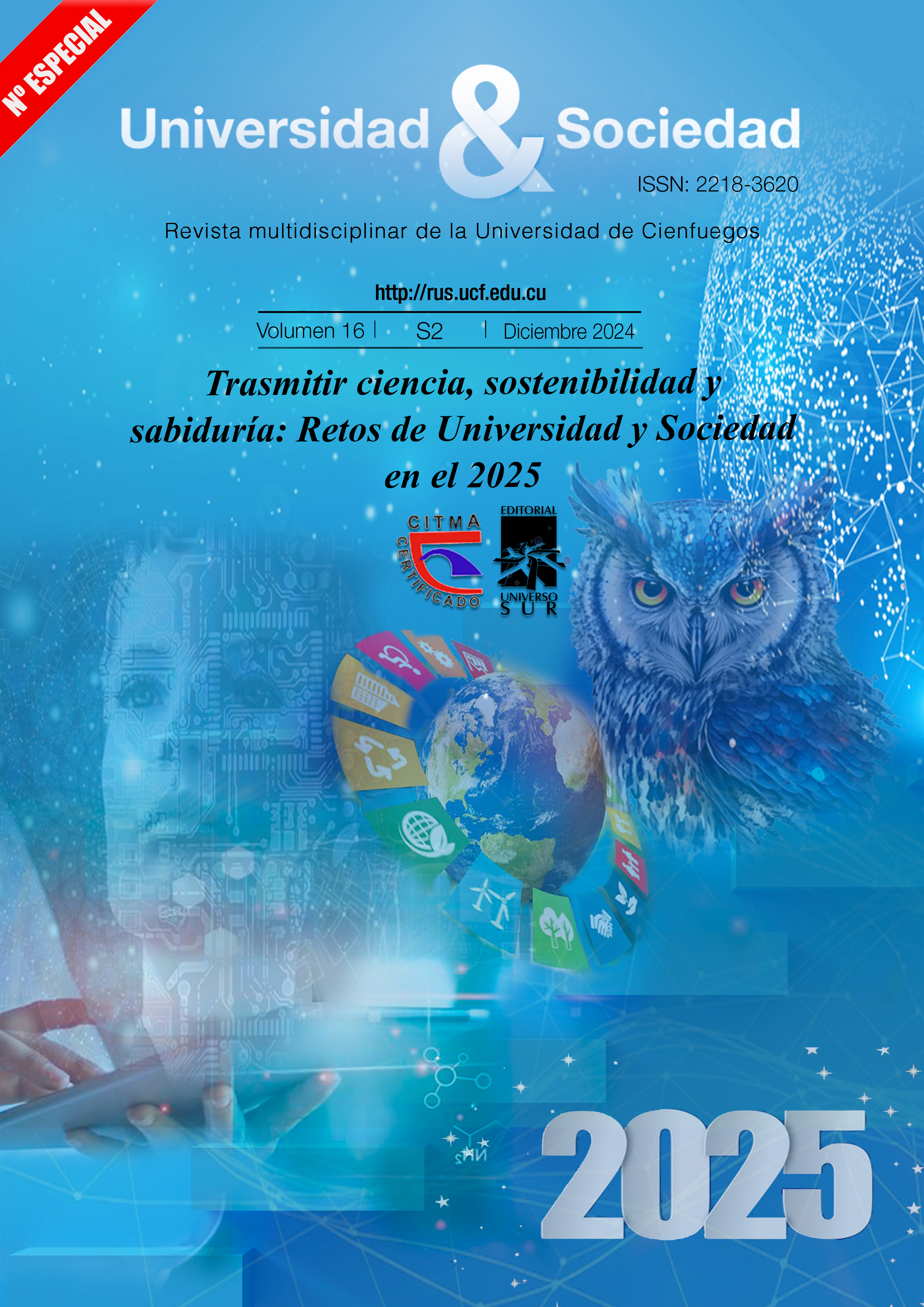Application of Design Thinking to Foster Innovation in University Learning
Keywords:
Sports activity, Recreation, Community, Communication strategyAbstract
The research focuses on the application of Design Thinking as a tool to foster innovation in university learning. This pedagogical approach has become crucial in Latin America, where countries like Ecuador, Peru, and Mexico face significant challenges in its implementation due to resistance to change and lack of teacher training. Through a qualitative analysis of academic literature, previous experiences and case studies are examined that demonstrate how Design Thinking can transform educational processes by promoting essential skills such as critical thinking and problem-solving. The article highlights that despite structural and cultural barriers, this methodology has the potential to create dynamic learning environments that meet the needs of the current labor market. Strategies for effective implementation are identified, emphasizing the importance of adapting curricula and training teachers. The research concludes that Design Thinking can not only improve educational quality but also prepare students to be creative and versatile professionals in a globalized environment.
Downloads
Published
How to Cite
Issue
Section
License
Copyright (c) 2025 Editorial "Universo Sur"

This work is licensed under a Creative Commons Attribution-NonCommercial-NoDerivatives 4.0 International License.
La editorial "Universo Sur", de la Universidad de Cienfuegos, publica el contenido de la Revista "Universidad y Sociedad" bajo una Licencia Creative Commons Atribución-NoComercial-SinDerivar 4.0 Internacional.
© Podrá reproducirse, de forma parcial o total, el contenido de esta publicación, siempre que se haga de forma literal y se mencione la fuente.










